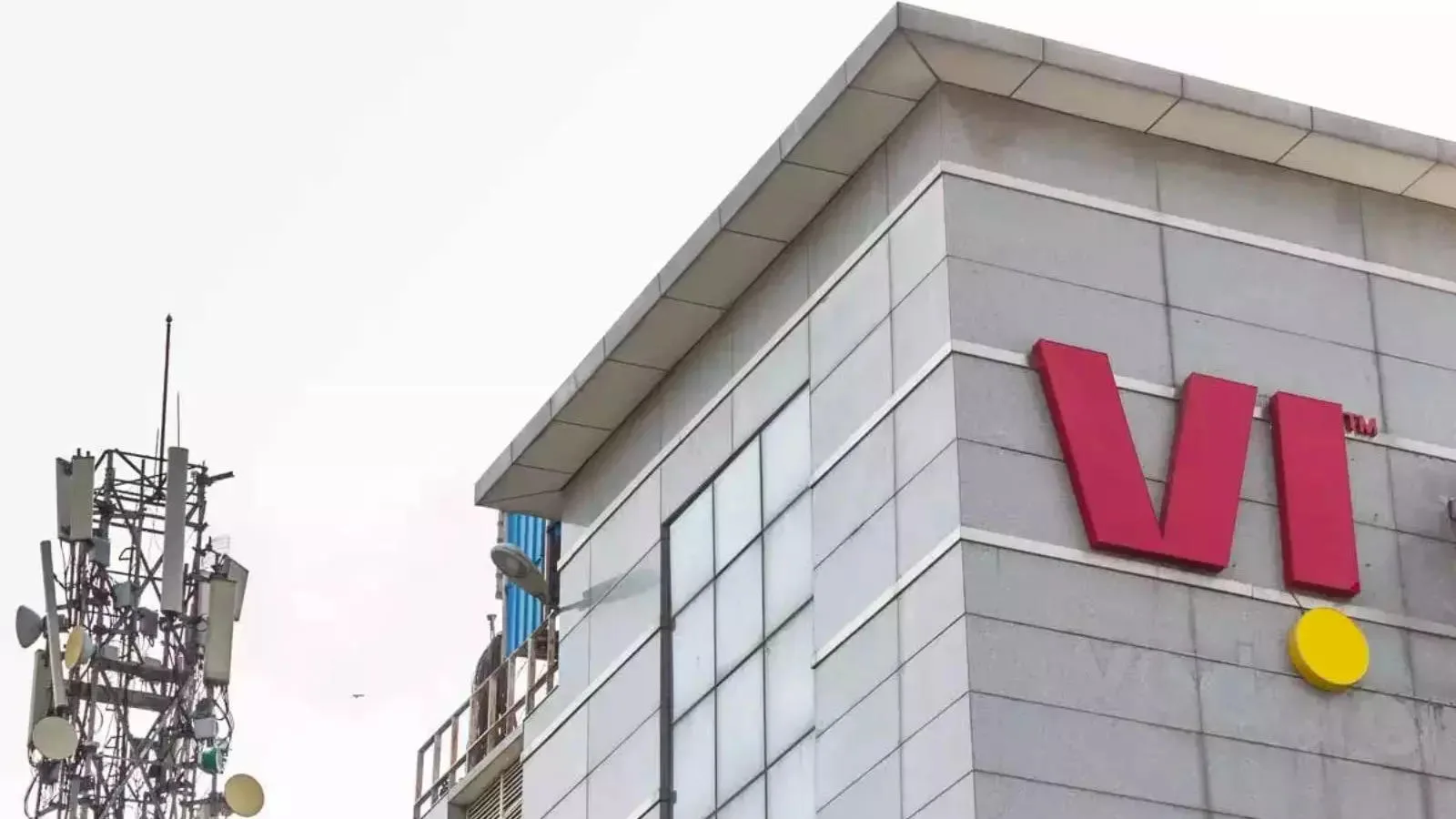Is the government’s bailout package for Vodafone Idea a lifeline for the struggling telecom giant or a death knell for its existing shareholders? That’s the burning question on many investors’ minds as the company navigates a complex financial restructuring involving the conversion of massive dues into equity. Now, a detailed analysis from leading financial services firm IIFL (India Infoline) paints a concerning picture, suggesting that this crucial move might leave very little on the table for those who already hold shares in the company.
For months, Vodafone Idea (Vi) has been grappling with a colossal debt burden, primarily owed to the government in the form of adjusted gross revenue (AGR) dues and spectrum auction installments. The situation reached a critical point, threatening the very survival of the third-largest telecom operator in India. In a bid to provide relief and maintain competition in the sector, the government offered a lifeline: the option to convert these dues into equity.
Vi opted for this conversion, a move that will see the government become a significant shareholder in the company. While this infusion of equity is undoubtedly crucial for Vi’s immediate survival, IIFL’s recent report delves deep into the implications for existing shareholders, and their findings are far from comforting.
The core issue lies in the sheer magnitude of the debt being converted. The amount is substantial, and the equity stake being offered to the government in return will significantly dilute the ownership of existing shareholders. IIFL’s analysts meticulously crunched the numbers and concluded that after the conversion, the government’s stake could be so large that it leaves very little value, if any, for the current investors.
Think of it like slicing a pie. The pie represents the total ownership of Vodafone Idea. Existing shareholders currently hold a certain number of slices. Now, a very large new slice is being given to the government in exchange for the debt. This inevitably means that the size of the remaining slices, held by the existing shareholders, will shrink considerably. In some scenarios, IIFL suggests, these slices could become so thin that they are practically worthless.
This news has understandably sent ripples of concern among Vi’s existing shareholders. Many had hoped that the government’s intervention would stabilize the company and eventually lead to a turnaround in its fortunes. However, the prospect of massive dilution and negligible returns on their investment is a bitter pill to swallow.
“The conversion of dues into equity is a necessary step for Vodafone Idea’s survival, but it comes at a significant cost for the existing shareholders,” explains a senior analyst at IIFL in their report. “Our analysis indicates that the level of dilution will be so high that the residual value for current investors could be minimal.”
IIFL’s report further elaborates on the potential long-term consequences. With the government becoming a major shareholder, the dynamics of the company’s ownership structure will change drastically. While government ownership can sometimes bring stability and support, it can also lead to complexities in decision-making and strategic direction. Existing private shareholders might find their influence diminished significantly.
Adding to the woes of existing shareholders is Vodafone Idea’s persistent struggle to compete effectively against its stronger rivals, Reliance Jio and Bharti Airtel. Despite various efforts, Vi has continued to lose subscribers and market share. The heavy debt burden has also hampered its ability to invest aggressively in network upgrades and expansion, which are crucial for staying competitive in the rapidly evolving telecom sector.
The dues conversion, while alleviating the immediate debt pressure, does not automatically solve these underlying operational challenges. IIFL’s analysis suggests that even with the government’s equity infusion, Vodafone Idea will still need to execute a flawless turnaround strategy to regain its footing in the market. This includes attracting new subscribers, increasing average revenue per user (ARPU), and making significant investments in its infrastructure.
However, for existing shareholders, the question remains: will they see any meaningful returns even if Vi manages a successful turnaround? According to IIFL’s assessment, the massive dilution from the debt conversion casts a long shadow over the potential upside for current investors.
This situation highlights the inherent risks associated with investing in companies burdened with significant debt. While the government’s intervention might prevent a complete collapse of Vodafone Idea, it underscores the fact that such bailouts often come at the expense of existing equity holders.
What should existing Vodafone Idea shareholders do? IIFL’s report doesn’t offer specific investment advice but suggests that investors carefully consider the implications of the debt conversion and the potential for significant dilution. They should also closely monitor the company’s operational performance and its ability to compete effectively in the market.
The story of Vodafone Idea’s dues conversion serves as a stark reminder of the complexities and potential pitfalls of corporate debt restructuring. While the government’s move might be seen as a necessary step to safeguard the telecom sector, the analysis from IIFL clearly indicates that the existing shareholders are likely to bear the brunt of this financial overhaul. For them, the lifeline extended to Vodafone Idea might just feel like a tightening noose around their investment.
The future of Vodafone Idea remains uncertain. While the reduced debt burden provides a glimmer of hope, the massive equity dilution has significantly altered the investment landscape for existing shareholders. Only time will tell if the company can navigate its challenges and deliver value to its investors, but according to IIFL’s detailed analysis, the odds appear stacked against those who were invested before this dramatic debt-to-equity swap. This development is a crucial lesson for investors: always understand the potential impact of debt and restructuring on your shareholding.



















